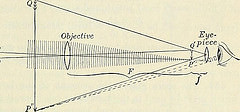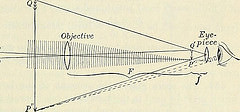Open Vs. Closed Questions in a Physics Classroom

Generally, my process for helping someone is first finding the area of most struggle, then finding the easiest explanation to help them wrap their minds around it, and finding multiple other ways to present the material in case the first one didn’t sink in. I’ve had a lot of success with this method in 1on1 tutoring, but I wonder how well it will work with a class of 20-30? One obvious difference that will have to be accounted for is the fact that any given class of 20 or more will probably have at least 2 or 3 students who are naturally gifted in physics and can figure most of the material out on their own. In my tutoring experiences, however, every student I have interacted with has had a C or worse in their physics class, and was only with me in the first place because physics is a nightmare to them.
While I do ask many questions, I’ve found that in any given tutoring session the vast majority of them are extremely closed because of time constraints and the student’s overall lack of natural physical intuition and problem solving skills. Because of these past experiences, asking open questions and allowing dialogue between students will probably be quite a challenge for me.
On the other hand, what good is it for a student to develop his own way of solving a problem if his method only makes the process more difficult? Reinventing the wheel and having it not end up round can certainly be quite a frustration that could even extinguish a former love for a topic. And if I’m honest about it, half of what I love about physics is the fact that short cuts are not only accepted, but generally praised!
I can say with confidence that, at least at the high school level, I already know a lot of these shortcuts to solving the problems, so there’s definitely an itch within me to share them. If I were to immediately give some of these secrets away to a class, it would take away from some of their learning of problem solving skills and satisfaction of figuring out physics for themselves. However, it would also open up more time for physical demonstrations, conceptual discussions, and laboratory experiments.
Finding the right balance of these two styles of teaching in a class with a variety of scientific talent will certainly be interesting. However, physics teachers probably have it easier than the other scientific fields because the course is not currently required, and will only be taken by those who are either sincerely interested, or want it in preparation for college.
Article Source: http://ezineseeker.com/?expert=Chase_Martin
Find More Physics Articles
